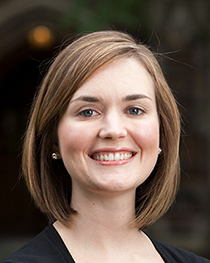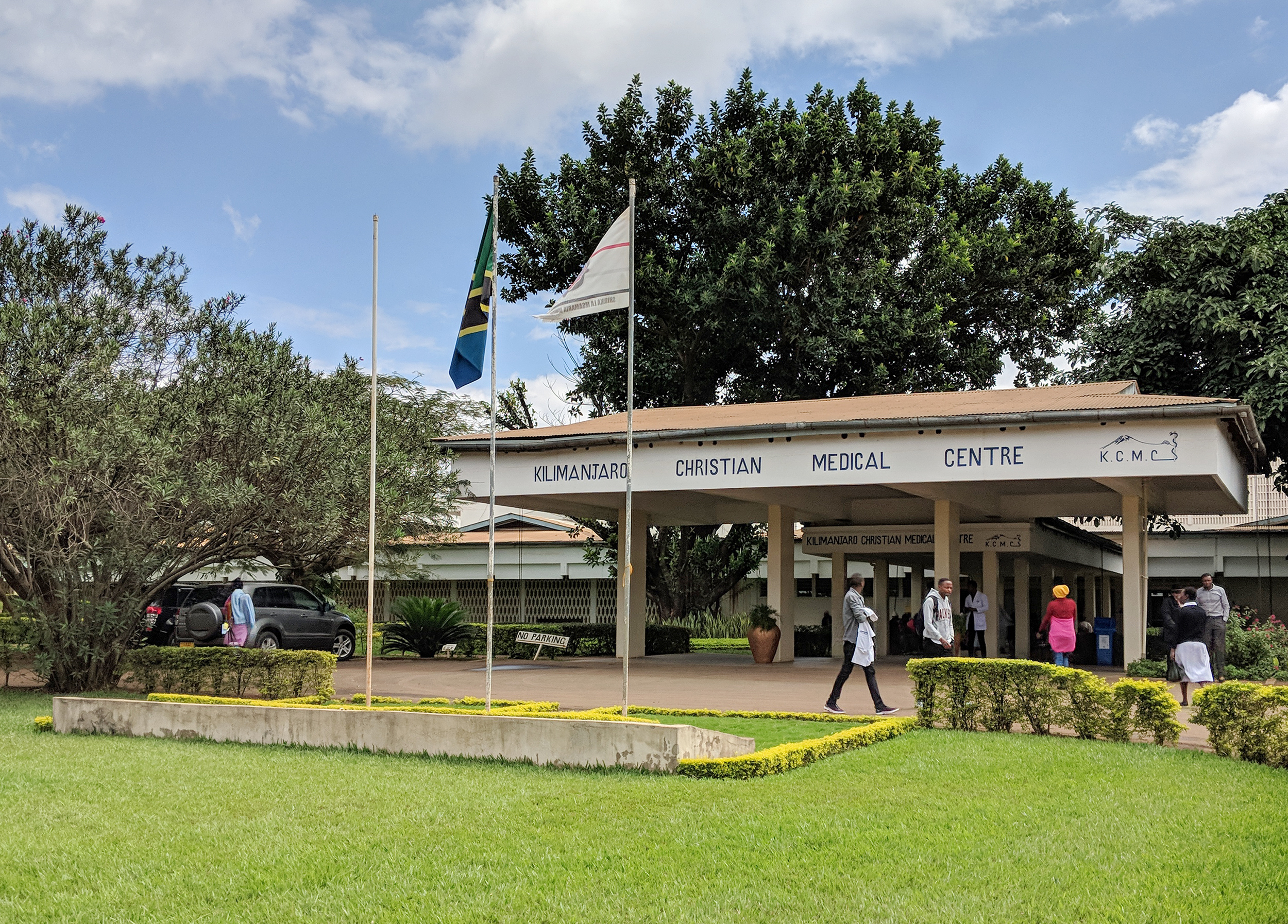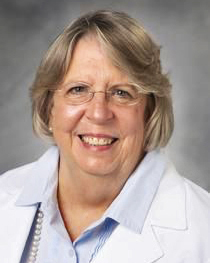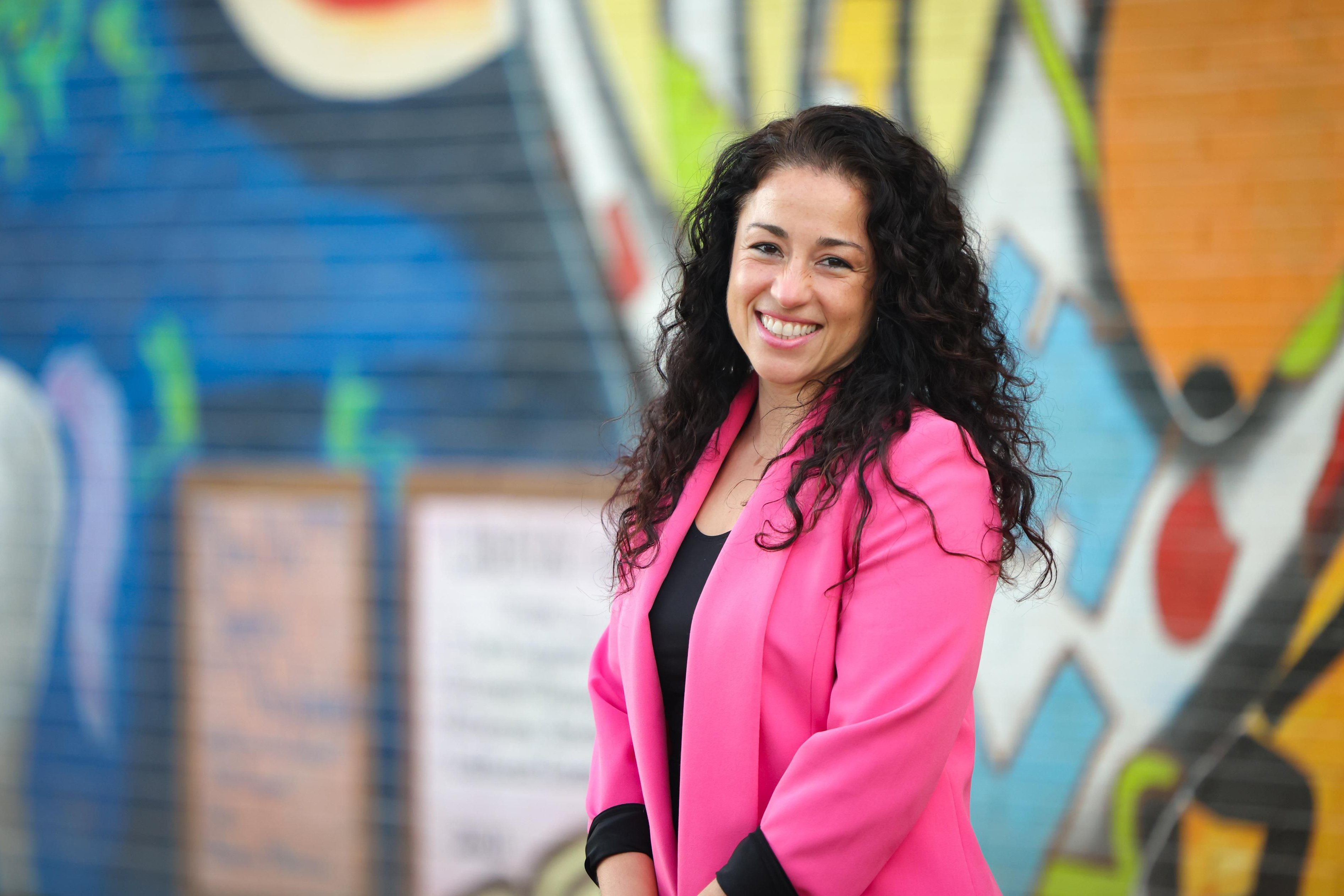
Finding Hope at Home
The state of global mental health -- where the needs for care far exceed the available resources -- could be compared to the Biblical story of feeding 5,000 hungry people with only five loaves of bread and two fish.
But mental health providers can’t perform miracles, so instead they’re getting creative.
As Duke University School of Medicine global health researchers expand support for mental health, they are increasingly working with non-specialists including community health workers, youth leaders, religious leaders, and primary care physicians.

More than 970 million people in the world have a mental health disorder, according to the World Health Organization (WHO), which can include anxiety, depression, bipolar disorder, post-traumatic stress disorder, and schizophrenia. Yet, the number of people trained to assist them is tiny when compared to the need, said Eve Puffer, PhD, associate professor of psychology and neuroscience and co-director of the Duke Center for Global Mental Health.
In the United States, where one in six youth and one in five adults have a mental health disorder, access to specialists is strained. On average, there are 10.5 psychiatrists per 100,000 people, according to the WHO, and those numbers are even lower in rural communities.
But the situation is dramatically worse in low-to-middle income countries, where there are only 0.1 psychiatrists for every 100,000 people, said Puffer.
While many countries are trying to ramp up training of mental health specialists, the gaps are so huge that they will take decades to close. In the meantime, researchers and clinicians at the center Puffer directs and its administrative home, the Duke Global Health Institute, are piloting new approaches such as “task sharing.” In this model, non-specialists already acquainted with patients are trained to provide services such as screenings, referrals, or even peer and group counseling.
“It's really important with the task sharing models to figure out who is best placed to be the non-specialist provider and to align what they want and need to do in their current positions with what the goals of the intervention are,” said Puffer.
Puffer incorporates task sharing in her own research in Kenya, where more than 20 percent of adolescents have depression symptoms and there are just 67 psychiatrists for 35 million people. She and her team developed a church-based intervention for families in rural areas to improve family interactions, promote mental health and prevent HIV among adolescents.
Approximately 124 families from four Christian churches participated in the initial intervention, a group-based curriculum developed by Puffer’s team and administered by trusted community members. The results were promising: the intervention group reported better family communication at one- and three-month follow-ups. Puffer’s team has also worked with churches to train community members to deliver family therapy in homes for families who need more help.
“One reason I have focused on religious institutions across types of religions is that they tend to be present across rural and urban settings and are a powerful presence,” said Puffer. “Often people seek help from religious leaders who have some tools but not all the tools that they need to address these needs."
Overcoming health-related fears and stigma
Dorothy Dow, M.D., an infectious diseases doctor, has incorporated task-sharing for the past decade as part of a unique program to keep adolescents on track with HIV care. When the Duke associate professor of pediatrics and global health went to Moshi, Tanzania in 2011 as a student in the Master of Science in Global Health program at the Duke Global Health Institute, she was there to study and prevent mother-to-child HIV transmission. But while there she noticed a startling trend in the clinic: the kids were not taking their medicine.
These days, thanks to great strides in health care, a person with HIV who is taking their medication is expected to live as long as anyone else, according to Dow. What’s more, thanks to aid under the U.S. President’s Emergency Plan for Aids Relief (PEPFAR), anti-retroviral therapy in the Tanzanian region where she works is free. Yet, sadly, patients in the 10- to 25-year-old range were dying from HIV at a disproportionate rate.
“They knew what was wrong, they had the medicine right there, and it was free, but they just weren’t taking it,” said Dow. “I really had to stand back and say, well, why are they not taking their medicine?”
The reason, Dow soon learned, had to do with the stigma surrounding HIV. Many of the youth were born infected and had seen one or both parents die from the disease. They worried about their futures with the virus, and how they would tell sexual partners. Even though medicine offered reasons to be optimistic, Dow knew her young patients weren’t feeling that hope for their lives.

“If these youth take their medicine, they'll be suppressed and they won’t transmit to anyone else,” said Dow. “They'll live a full happy life. But they have to see that, know it, and believe it for it to happen.”
Dow conducted in-depth interviews with adolescents living with HIV to better understand their perspectives. Sure enough, she found that they were struggling with depression, post-traumatic stress, and emotional and behavioral challenges. On top of that, “we were able to show that the mental health difficulties were highly associated with adherence,” said Dow. “So, if you had a lot of mental health problems, you are way less likely to be adherent to your medicine.”
Dow was convinced that an intervention was needed, but she wasn’t trained in mental health, and there was only one psychiatrist in Mwanza. She applied for and received an NIH research career development award to build a program called Sauti ya Vijana (the Voice of Youth), in which youth are trained to serve as paid peer mentors.

“From the clinic and from the interviews, we learned that youth relate to youth better,” said Dow. She and Duke psychologist Karen O’Donnell, PhD, developed a training curriculum and recruited six local youth– some of them also living with HIV – to serve as peer mentors. Rather than specific professional experience, they looked for qualities like empathy, listening, and presentation skills. In their roles, the peer mentors led 10 weekly group sessions, two one-on-one sessions, and in-home visits to meet caregivers.
The five-year project was undeniably successful. “We were able to show a 10% improvement in virologic suppression,” among the kids participating in the program, said Dow. “With that baseline data, we were able to get an NIH research grant to scale the program further.”
With that funding, Dow expanded Voices of Youth to multiple sites across the Kilimanjaro region, and the number of trained mentors jumped from six to 25. The original six serve as expert leaders now, working closely with site supervisors. By the time that data analysis for the grant begins in December 2024, nearly 500 youth will have enrolled in the program.
“It's really hard work,” said Dow. “It’s much easier to run a drug trial than a mental health trial. But it's important because we're learning how many people are really truly affected by this, and that’s a big key to improving overall health.”
Managing cultural stress
In Durham, North Carolina, Rosa Gonzalez-Guarda, PhD, MPH, RN, uses the task-sharing concept to better serve the mental health needs of Latino immigrants.
“Contrary to what most people think, immigrants actually have better mental health when they first come to this country,” said Gonzalez-Guarda, a Duke associate professor of nursing and affiliate of the Duke Center for Global Mental Health. “But, as they acculturate and are racialized in the context of this country, there's a decay in mental health.”
The decay happens as a sense of cultural isolation sets in, she explained. In partnership with the El Centro Hispano community group, she and her team launched a NIH-funded longitudinal study in 2017 to better understand the effects of acculturative stress on the health of Latino immigrants.
But then the COVID-19 pandemic hit. As a result, El Centro Hispano was infused with community health workers to assist those disproportionally affected by the virus. The health workers were trained to counsel the community on disease prevention techniques, but Gonzalez-Guarda saw it as an opportunity to deliver mental health services too.
“We worked with these community health workers to co-design an intervention that would be delivered by them to as they were interacting with families and doing COVID-19 prevention work,” said Rosa Gonzalez-Guarda
At the time, the observational study was revealing that two factors were most influential on the mental health of Latino immigrants: acculturative stress was particularly harmful, yet resilience was protective and beneficial. So, the research team trained community health workers to conduct family-based motivational interviews with the goal of developing goals for managing stress and promoting resilience. Motivational interviewing is an evidence-based counseling method that helps people resolve ambivalent feelings and find the internal motivation they need to change their behavior.

Working at the family level, community health workers identified overarching stressors, such as a lack of communication, food insecurity, generational differences in attitude towards culture, and domestic violence. Based on each family’s unique dynamic, they incorporated conflict and stress management techniques into their sessions.
“The pilot intervention showed some positive effects in terms of decreasing stress and depressive symptoms, and even increasing some COVID-19 protective behaviors like social distancing,” said Gonzalez-Guarda. Her team applied for additional funding to scale up the intervention and help even more families.
Task sharing was successful in this instance, said Gonzalez-Guarda because “community health workers by definition are from the community that they work with, so they have that lived experience that gives them an expertise that many trained psychologists and psychiatrists just don't have.”
For Puffer, seeing a progressive approach like task sharing implemented across projects is exactly the sort of lesson-sharing that she hopes the center will nurture within the Duke community. Specifically, she hopes to get researchers who work in very different areas of the world talking and sharing ideas for expanding care.
“That’s something that I think the center is going to be able to encourage at Duke, because we have people who work on mental health disparities locally who we can encourage to work globally, and vice versa,” she said.
Currently, over 35 faculty and some 20 undergraduate and graduate student trainees across Duke are partnered with the center, and their specialties include nursing, neuropsychology, epidemiology, policy, and philosophy.
With the formation of the center, which is funded by the Bill and Melinda Gates Foundation through the Duke Global health Institute, “we were able to take what we've been doing for years here in global mental health with a smaller group of faculty and expand it,” said Puffer. “It’s an exciting time for everyone involved.”
Lindsay Key is a freelance science writer and editor specializing in human health and the environment.
